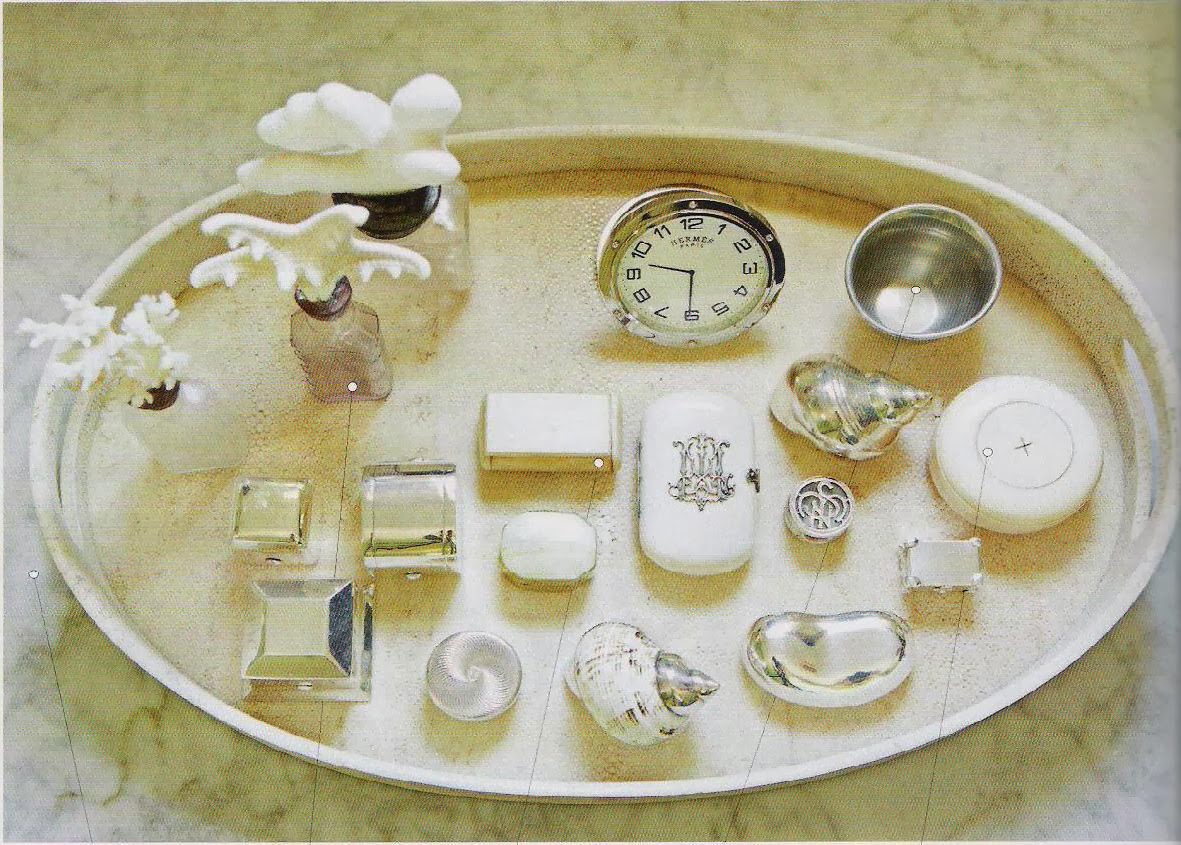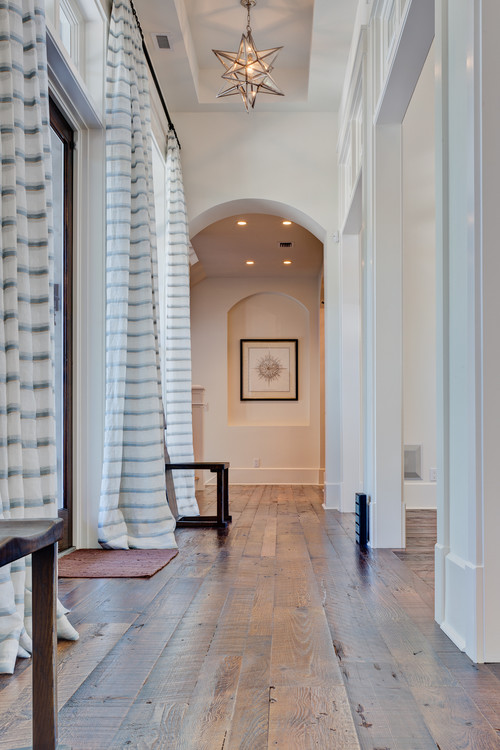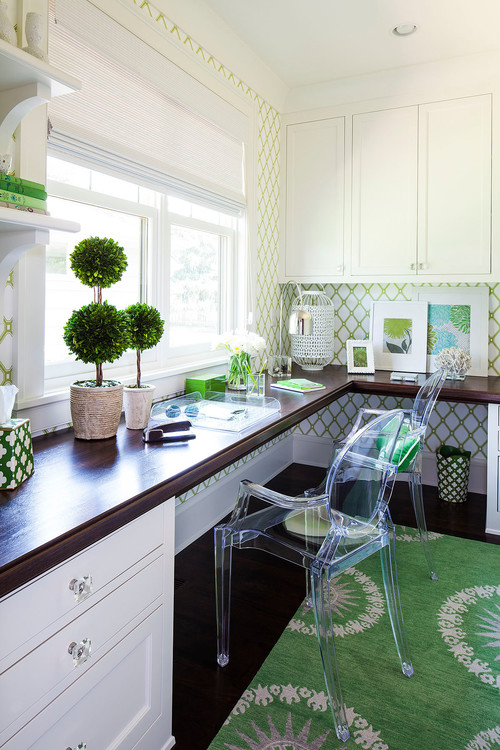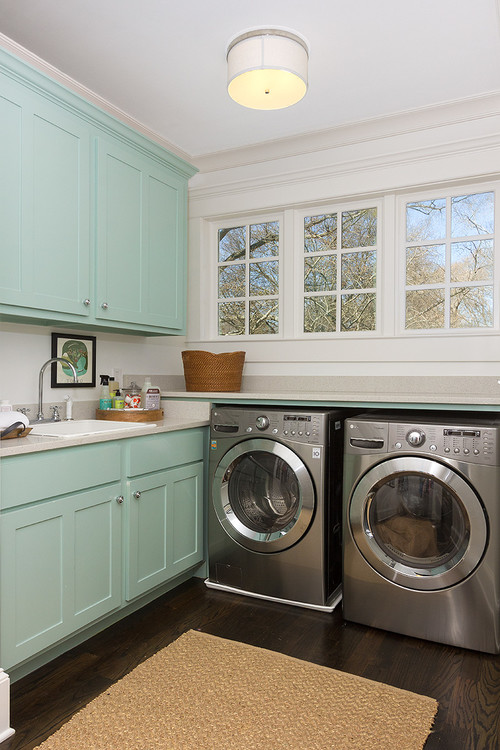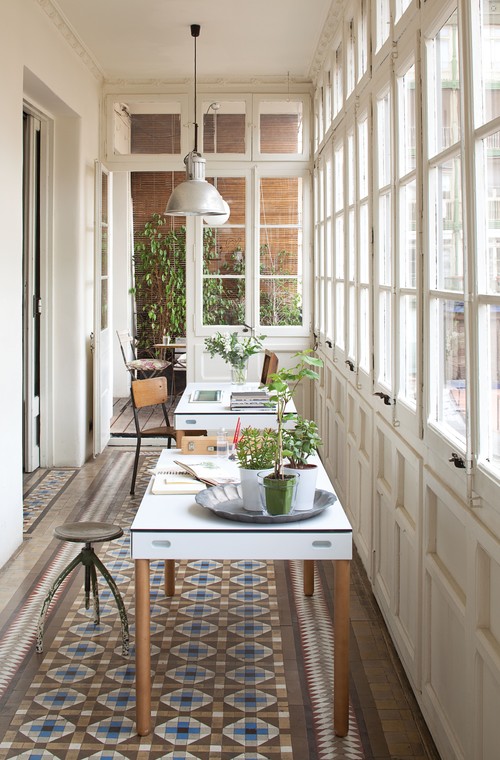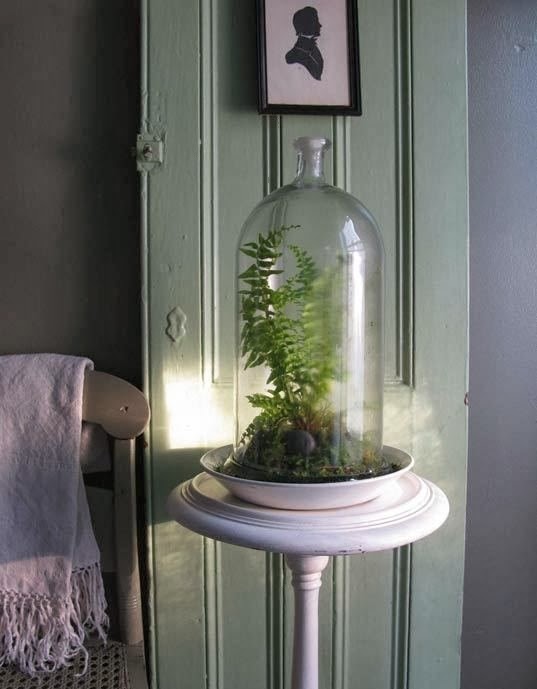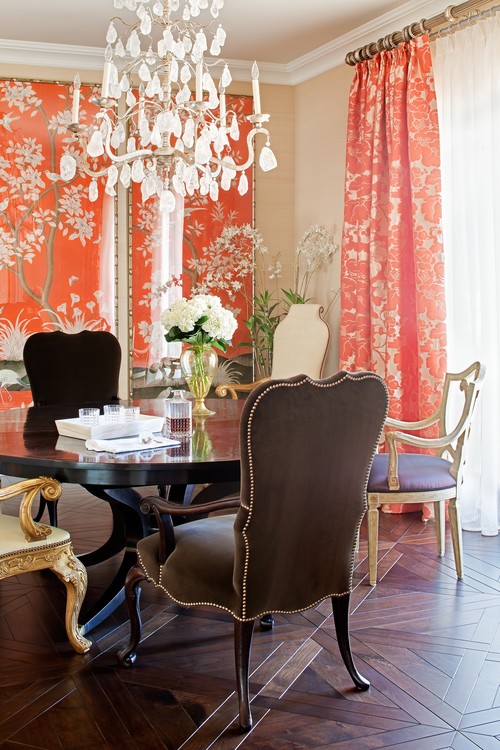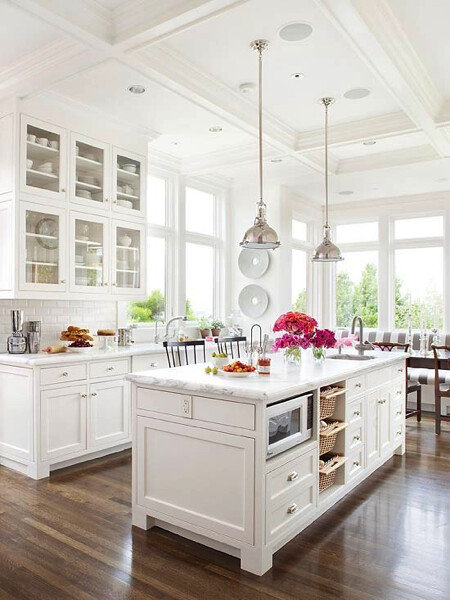As we grow older, there are many things we need to consider. From what we’ll do with our time, to how we’ll stay fit and healthy, the options at our disposal are endless and that can leave us a little unsure about what to do.
In particular, how we approach decorating our homes can be a tricky thing to manage. It may seem relatively unimportant in the grand scheme of things but the appearance of our home can have a profound impact on our attitudes, emotional health and general well being.
No one wants to spend their retirement staring at four unsightly walls and here we look at a few tips for decorating your home in your later years.
Shelf for success
From books and ornaments to films and music, you’ll undoubtedly have a lot of need for storage in your home. Wall-mounted shelves should be at an accessible height and not contain anything too heavy. Anything you require regular access too should be stored at a comfortable height on freestanding bookshelves or display units. You can always arrange items by color for something artistic and playful.
Spare a thought for cleaning and maintenance of these though. Depending on where you live, you may be able to get some help with this. For example, retirement property for sale from leading firms like McCarthy and Stone offer domestic cleaning services with some of their developments.

Get it framed
Whether you’re a proud grandparent who wants to show off pictures of their beautiful grand kids or someone looking to take a trip down memory lane through old photos, it’s important you get them framed.
There are many styles to choose from but popular favorites include collage frames which display multiple photos in a large frame or single frames arranged in a symmetrical or eclectic pattern. This set-up can also be applied to artwork as well as to personal photographs.
Go minimalist
Accessibility is an important buzzword as you age so make sure your decorating takes this into account. Keep walkways clear to prevent the risk of falls and embrace minimalist styles that promote clean layouts and minimal furniture. Combine natural woods with light, neutral colors for a stylish contrast.




